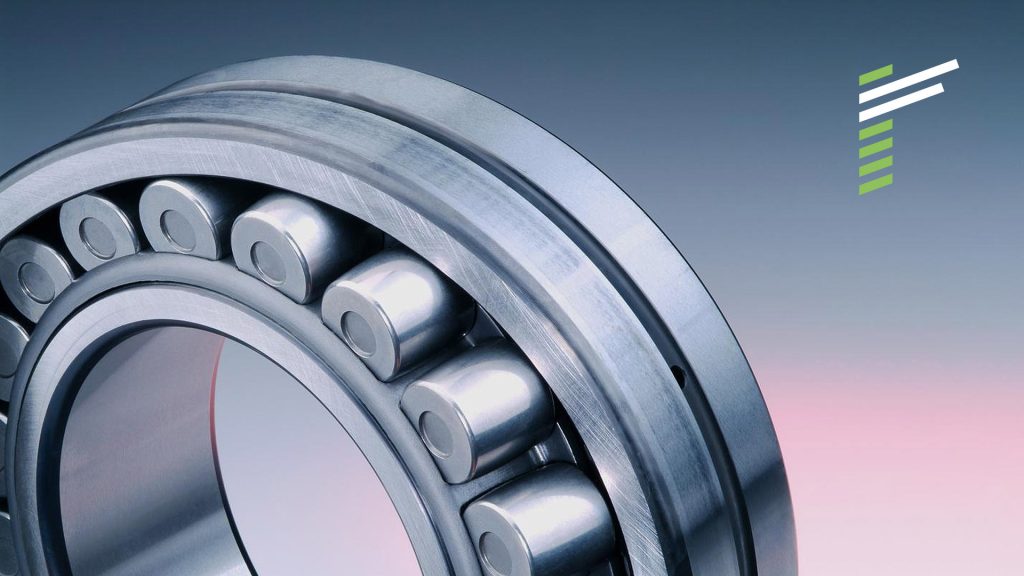At a Glance
- A bearing manufacturer’s state-of-the-art plant failed to meet its output targets due to poor process control, a lack of process understanding among employees, and unaccountable machine downtime.
- Renoir consultants implemented a number of initiatives, including new management systems, real-time machine downtime tracking, and one-to-one coaching, to align activities and tools and drive lasting behavioural change.
- The plant achieved a 37% increase in output, a 25% reduction in consumables costs, and a 60% payback on project costs.
Background
Our client is a global supplier of bearings to various sectors, including the automotive, marine, aerospace, rail, and machine tool industries. At the time of this project, they owned several plants, including a seven-year-old state-of-the-art manufacturing facility in an ASEAN country.
The plant is one of the most modern and technologically advanced manufacturing facilities. In line with their global quality standards, all manufacturing and quality control processes are fully automated and equipped with the latest machinery to produce the latest generation of bearings.
They have a strong network of distributors and dealers to market their products to the industrial and automotive segments.
The Challenge
The plant operates 365 days a year and employs 500 people, with a turnover of US$110 million. Despite being the most modern manufacturing facility in the group, backed up by a host of management tools such as the ISO 9000 series, Total Quality Management (TQM), Total Productive Maintenance (TPM), and Kaizen, the plant had taken longer than forecast to break even and had not achieved rated output.
The shortfall included higher than planned unit costs, which affected profitability and customer service.
Analysis
Senior management, including the managing director, had a clear vision for the manufacturing facility, but this was not effectively understood below that level. Other challenges included:
- Tools and training were not well integrated.
- Employees did not understand the relevance of these tools to their daily tasks.
- Product line efficiency suffered from poor process control, unaccountable machine downtime, low machine capability, and material shortages.
- Lack of process understanding.
- Many product processes were out of control, with upstream problems cascading downstream for resolution.
Project Approach
A task force was set up to introduce and implement a number of initiatives. This included the design and installation of new management systems. These were aligned with the use of existing systems to maximise effectiveness. This alignment focused on core processes and business goals.
Shop floor supervisory controls were also developed to increase the focus on process control. This initiative was supported by an intensive technical and behavioural training programme.
By making better use of existing technology, we implemented real-time machine downtime tracking. This was followed by the development of structured downtime analysis tools. These initiatives helped to reduce the decision cycles for corrective action for tooling, materials, maintenance, production and engineering functions.
We defined and installed clear sets of performance indicators for each level of management, to facilitate action-oriented review meetings. The maintenance organisation was also restructured to improve response times and deliver durable, effective repairs.
All changes were implemented and reinforced with one-to-one coaching, to create lasting behavioural change. This approach was also applied to the shop floor. Renoir consultants spent a great deal of time ensuring that the attitudes of both supervisors and managers changed fundamentally.
“It is not enough to develop systems and train people. We needed to create a practical alignment of activities and tools throughout the business. We needed a management system that creates the right behavioural change.”
– Managing Director
Results
37%
increase in output
60%
payback on project costs
25%
reduction in consumables costs
20%
reduction in scrap
13%
reduction in manning
5%
reduction in overtime
Significant behavioural change and growth
*We have intentionally omitted client-specific details to uphold strict confidentiality.
Do you want to improve your business processes for greater profitability?










